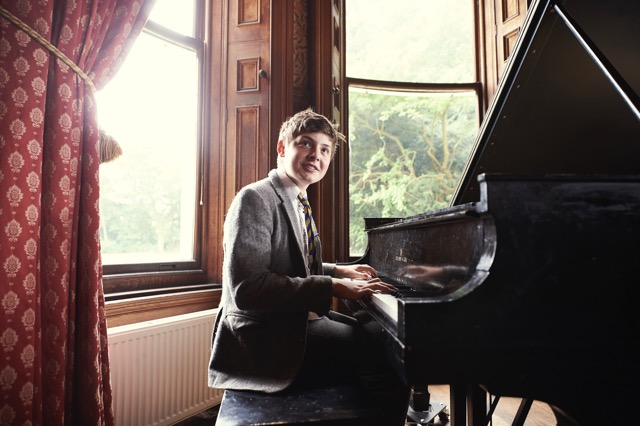by Susan Wellings, Director of Music at Forest Preparatory School
There was a breathtaking moment at the recent Grammy Awards when current American country music sensation Luke Combs sang a duet version of ‘Fast Car’ alongside its original singer-songwriter Tracy Chapman. Combs’ hit cover was streamed over 65 million times on Spotify in less than two months in 2023 and climbed higher in the charts than Chapman’s original version. But what captured the live audience at the Grammys and the wider audience around the world was the reverence with which he treated Chapman during their performance.
Combs was not even born when Chapman catapulted to worldwide acclaim after standing in for another great, Stevie Wonder, at the Nelson Mandela 70th Birthday Tribute concert at Wembley in 1988. Yet his understanding of her place in the modern music landscape was evident in the way he approached every aspect of the performance.
This is a song written by a black, gay, liberal woman and covered by a white man from the South who, at one point in his career, performed with a Confederate sticker on his guitar. Combs could have plundered ‘Fast Car’ and relegated Chapman to a bit-player on stage. But he didn’t. He deferred to her, understood his place in relation to her place, and they sang a true duet of hope for a better future – overcoming hardship regardless of background, politics and race.
Music brings people together. It is inclusive, accessible in a multitude of ways across cultures. It unites and challenges, expresses the intangible, encourages curiosity and promotes creativity of thought, process and delivery.
It is the past and the future. It is social context. It is sound theory across instruments and voices. It is teamwork to the nth degree. It is both physical and technological. It relates to a multitude of other disciplines yet is a formal academic pursuit in its own right.
It functions horizontally (form and melody) and vertically (harmony). It is simultaneously macro (theme, structure) and micro (motifs, rhythm, chords). It is the understanding of how and why changing just one note in a chord can dramatically change the affective impact on the listener – transforming a functional collection of notes into an inexpressible feeling of melancholy or hope or determination.
It is that child who comes out of their shell and thrives through music, best summed up by Tracy Chapman in the chorus of ‘Fast Car’:
I had a feeling that I belonged
I had a feeling I could be someone, be someone, be someone
That is why children should study Music.
There are endless journal articles and soundbites proclaiming that studying Music helps children’s concentration, that it aids in processing, assists in recall and improves test scores in other subjects, that it develops confidence and builds resilience. It is all true. Across the educational spectrum, students who learn Music achieve more. For example:
- in Nursery – where regular use of songs, chants and rhymes lead to increased vocabulary, comprehension and understanding of speech cadences;
- in Primary – where children who learn instruments and play in ensembles can recognise and analyse patterns more effectively in other curriculum areas and build positive habits relating to teamwork, delayed gratification and incremental achievement;
- in Secondary – where pupils demonstrate a greater ability to make connections between ideas and use cross-curricular knowledge to deepen understanding, and where adolescents who engage in Music have higher levels of self-esteem and emotional maturity.
But Music is deserving of its own place in its own right – a world without music is unimaginable. It permeates our lives. Throughout history it has been a part of all cultures – traditions, social bonding and emotional aspirations. Musicians have been some of history’s great thinkers and their work has not only reflected the world of their time but has endured through time, allowing generations to experience and appreciate through their own filters.
Luke Combs and Tracy Chapman embodied this at the Grammy Awards. Chapman’s original song hit hard in 1988, sweeping from Wembley across the globe. Combs’ cover in 2023 introduced the song to new audiences, in a brand new world of social media and instant communication. The live pairing fused the old and the new, like music has done through time.
All children deserve to understand and experience this. All children deserve to study Music rigorously across their school life, as an invaluable subject in its own right as well as a medium to greater achievement in other areas.
Susan Wellings is Director of Music at Forest Preparatory School. She has taught in all Key Stages, in co-educational and single-sex schools, state and private, comprehensive and grammar, classroom and peripatetic, as well as Early Years and in Higher Education.

